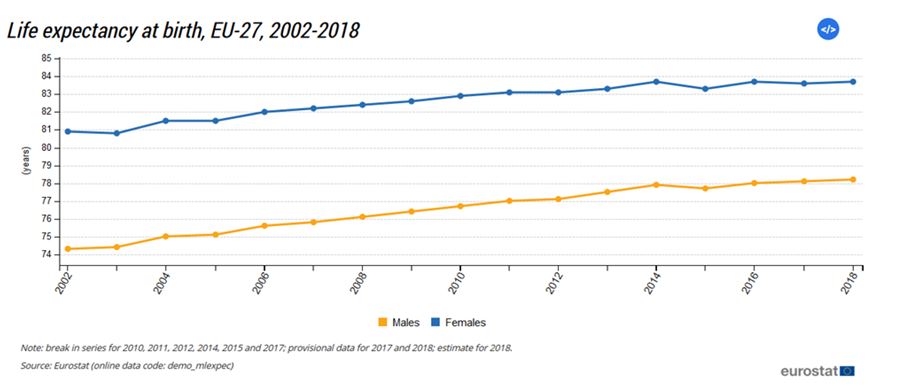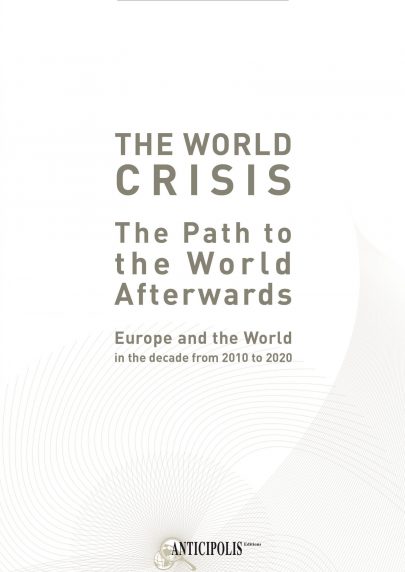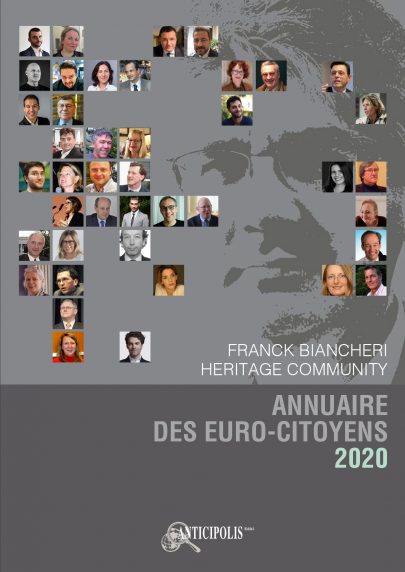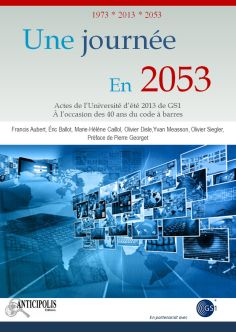GEAB 147


The coronavirus crisis is moving the world into the future. This is true on absolutely all fronts and it has become considerably more complicated to observe the immense societal change.
In the thirty or so pages of this issue, emerging themes such as the wild (private) colonisation of space and the immense risks involved, or the disruption of food production methods, will be addressed as components in the new world that is taking shape in 2020.
But we should keep in mind that this change is also occurring at time of human transition, embodied by the rise of the younger generations. It is all the more symbolic in the year that the United States has announced that millennials have now exceeded baby boomers as the largest generation in history[1].
It is this trend, one in fast acceleration, that has been chosen to open this issue of GEAB because it is central from a systemic point of view, but also because this revolution could be much more painful than the usually optimistic word “youth” would suggest. The up-and-coming generation is also a pure product of the dying system and its flaws and it will take a lot of courage, intelligence and no doubt a few reality checks to transcend its many handicaps and seize the space that is opening up for it.
Acceleration in the great generational shift
The asymmetrical nature of a virus that is minor for the young but deadly for the elderly generates a powerful division in society along generational lines (in addition to all the other dividing lines).
Baby boomers: Covid is bringing to light a long-held truth: the very large baby boom generation is entering its waning phase. Born between 1946 and 1964, they are now between 56 and 74 years old. With a life expectancy in Europe of 77.8 years for men and 83.3 years for women, it is easy to understand that the oldest members of this generation are entering a period where health complications are becoming more likely[2].
As to Covid, it starts becoming fatal from the age of 60-65 years old onwards.

Figure 1 – Life expectancy in the EU27, 2002-2018 – Women (blue)/Men (orange). Source: Eurostat
In fact, increased age-related mortality among this vast generation has been at work since 2005, and is being less and less discreet[3]. While much has been heard about the cost to society for baby boomers’ retirement, perhaps not enough is said about the price of and the need to adapt to the increasing necessity for end-of-life care[4]. For example, already full hospices and hospitals[5] have, in our opinion, largely contributed to the panic mode unleashed by governments faced with the wave of excess deaths expected from Covid[6].
The Coronavirus has revealed an important aspect of the evolution of our society: the gradual but ongoing disappearance of the monolithic generation having dominated the last 60 years, the baby boomers.
Generation X: There is, however, a second phenomenon at play, namely the tendency for the next generation to abdicate. The famous Generation X (fifty-somethings), whom we often refer to as the “missing link”, is a generation that is numerically squeezed out by the previous one and which is taking advantage of the Covid crisis to throw in the towel and take early retirement, so to speak. Of course, the redundancies caused by the Covid crisis affect all employees, regardless of their age, but it is mainly Millennials and Generation X who are losing faith in their employers, according to this American survey[7]. The difference between the two generations is that the youngest are leaving their jobs to set up their own company or to change sectors, while the fifty-somethings take the opportunity to go green (or blue)[8].
This phenomenon was already germinating in pre-Covid times, and the virus has only reinforced it. The problems of burn-out, affecting an ageing Generation X[9] with only a secondary role in a society that it has not succeeded in shaping to its own characteristics and aspirations, are today leading to this wave of departures for a new life in retirement[10].
Login

Europe’s largest refugee camp, Moria on Lesbos, has burned to the ground. 12 000 people have lost the closest thing they had to a home and Europe’s politicians are issuing [...]
Our last article on the American election dates from four months ago (‘US Election 2020 – A New America takes over’ - GEAB, 15 May 2020). Among the many arguments [...]
The arrival of private satellite launchers – inaugurated by SpaceX – is a major game-changer, opening the way for space privatisation. If we combine this trend with the older one [...]
The Covid-19 pandemic has considerably ramped up the fear in the agro-food sector of an epizootic/epiphytic pandemic on strategic foodstuffs (pork, rice, flour, etc.). The conditions that favour human, vegetable [...]
The world is undergoing one of the greatest transformations in history, directly linked to a global crisis making the future ever more uncertain. Whether it be governance, geopolitics, economic, social [...]
Commodity markets’ upcoming revolution Growing trade conflicts and de-globalisation within the commodity markets will trigger a rewrite of many COMEX pricing contracts and a resurgence in regional exchanges by 2025. [...]









Comments